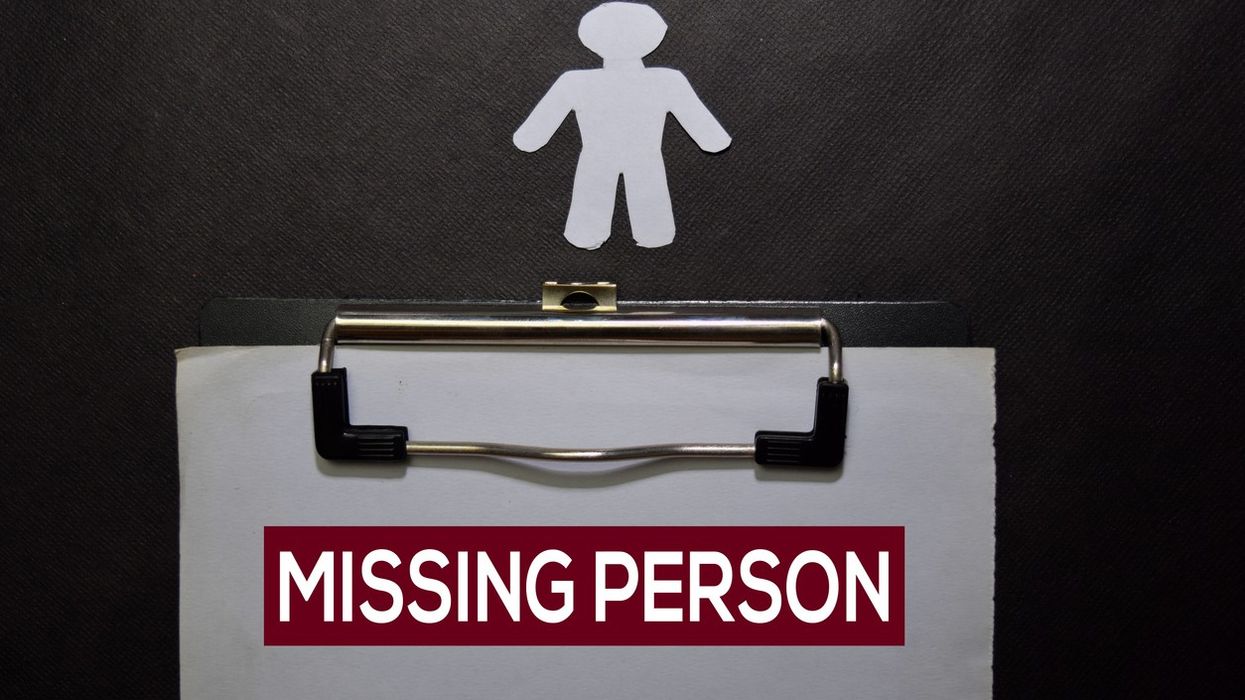PEOPLE with higher cognition were more likely to vote in favour of the UK staying on as a member of the European Union (EU), new research has found.
Researchers at the University of Bath, UK, also found that both high cognitive abilities of one’s partner and the highest cognitive ability in the couple increased the chances of voting to 'Remain' in the 2016 UK referendum on EU Membership.
The study findings showed that cognitive skills including memory, verbal fluency and reasoning were linked with how people decided to vote.
Previous studies have associated having higher cognitive abilities with a greater tendency to recognise and resist misinformation. Studies also show that the UK public received a large volume of misinformation about the referendum prior to voting for the UK to withdraw from the EU (“Brexit”).
“People with lower cognitive ability and analytical thinking skills find it harder to detect and discount this type of information,” said Chris Dawson from the School of Management, University of Bath, and lead author of the study published in the journal PLoS ONE.
The researchers analysed the responses of 6,366 individuals from 3,183 heterosexual couples through questionnaires involving a household section and other sections covering a broad range of subjects such as labour market activity, household dynamics, attitudes and opinions.
They found that while 73 per cent of people with higher cognition voted to “Remain”, only 40 per cent of those with lower cognitive abilities voted for the same option.
The researchers said they looked at couples living in the same household in order to equalise people’s experiences, as well as to control for demographic information such as political beliefs, education level, income and newspaper readership.
“Low cognitive ability can lead to decision errors and many ‘Leave’ voters are now saying they regret their choice.
“The study highlights how the rise in misinformation and disinformation, and people’s inability to counter this information, is undermining the democratic process and can be used to influence democratic outcomes,” said study co-author Paul Baker from the School of Management.
(With PTI inputs)













 NASA’s Astronaut Class 23 with Anil Menon shows patch features a fly-shaped design symbolizing the class nickname, “The Flies,” with twelve stars for each candidate. The UAE and US flags highlight international collaboration, while the astronaut figure reflects their commitment to NASA’s return to the Moon and future Mars missions. (Photo credit: @astro_anil)
NASA’s Astronaut Class 23 with Anil Menon shows patch features a fly-shaped design symbolizing the class nickname, “The Flies,” with twelve stars for each candidate. The UAE and US flags highlight international collaboration, while the astronaut figure reflects their commitment to NASA’s return to the Moon and future Mars missions. (Photo credit: @astro_anil)
